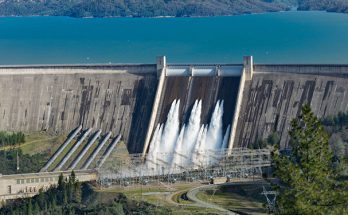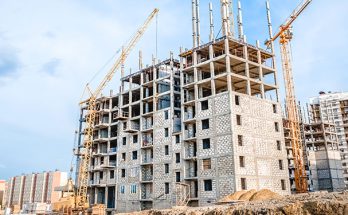 The construction industry of Kenya has recorded exponential growth over the last decade. The Economic Survey Report 2017 reveals that the industry grew by 9.2 per cent in 2016 which is quite a lot.
The construction industry of Kenya has recorded exponential growth over the last decade. The Economic Survey Report 2017 reveals that the industry grew by 9.2 per cent in 2016 which is quite a lot.
This growth was because of the increased investment in construction of roads and development of housing, which resulted to increased employment in the sector from about 148,600 jobs in 2015 to 163,000 in 2016. All in all the government spent Sh180.7 billion in 2016, up from Sh106.5 billion in 2015.
Infrastructure is a major aspect for the growth of other economic sectors conceptualized in Vision 2030. Focusing on roads enhances connectivity, mobility, trade and investments by reducing the cost of doing business.
Construction is expensive affair hence developers must be willing to invest in various aspects of construction. The highest cost implications are in gaining permits and approvals, beginning works, project execution, and finalizing the construction process this is from a project management perspective.
One of the major aspects of improvement is to enhance accountability and services at the local level. In 2012, the World Bank began a series called Doing Business in Kenya. It analyses the business operational environment in Kenya’s bid to implement Vision 2030.
The analysis focuses on rules and processes that can lead to fruitful outcomes for entrepreneurs and, in a wider perspective which will in turn lead to increased economic activity.
The Doing Business in Kenya 2016 report notes that the country and national governments have embarked on a bold investment climate reform programme that has transformed the regulatory landscape.
The report mentioned that the majority of firms that want to formally register is significantly higher in the counties where registering a business is less cumbersome.
The report majorly focused on construction and established that obtaining all permits to build a warehouse and connect it to water and sewerage is faster in Kenya than in the average sub-Saharan African economy.
The report gives an average of 17 procedures for attaining all permits for business start-ups. This is three stages higher than the global average.
In the industry, quality assurance needs to be focused upon as well as enhancing procedures for efficiency and effectiveness.
Digital technology is vital for growth. It is the fastest and most convenient avenues of service delivery. The digital component helps to save costs as well.
Another key component to effective growth is the consolidation of services as has been successfully implemented through the Huduma Centres.
The industry is developing the BaraBara Plaza Office Complex, which will house all construction-related government agencies. This will help in easing the cost of construction.
Inter-agency cooperation is also key in reducing the cost of doing business. The construction project registration process has been made easier by the NCA, in partnership with the Engineers Board of Kenya and Board of Registration of Architects and Quantity Surveyors.
They have achieved this by interlinking the databases of the three organizations and making sure that only registered professionals are selected as consultants for any project. The NCA is in talks with several county governments to interlink the permit systems. If this happens it will be a major relief for both developers and contractors.




